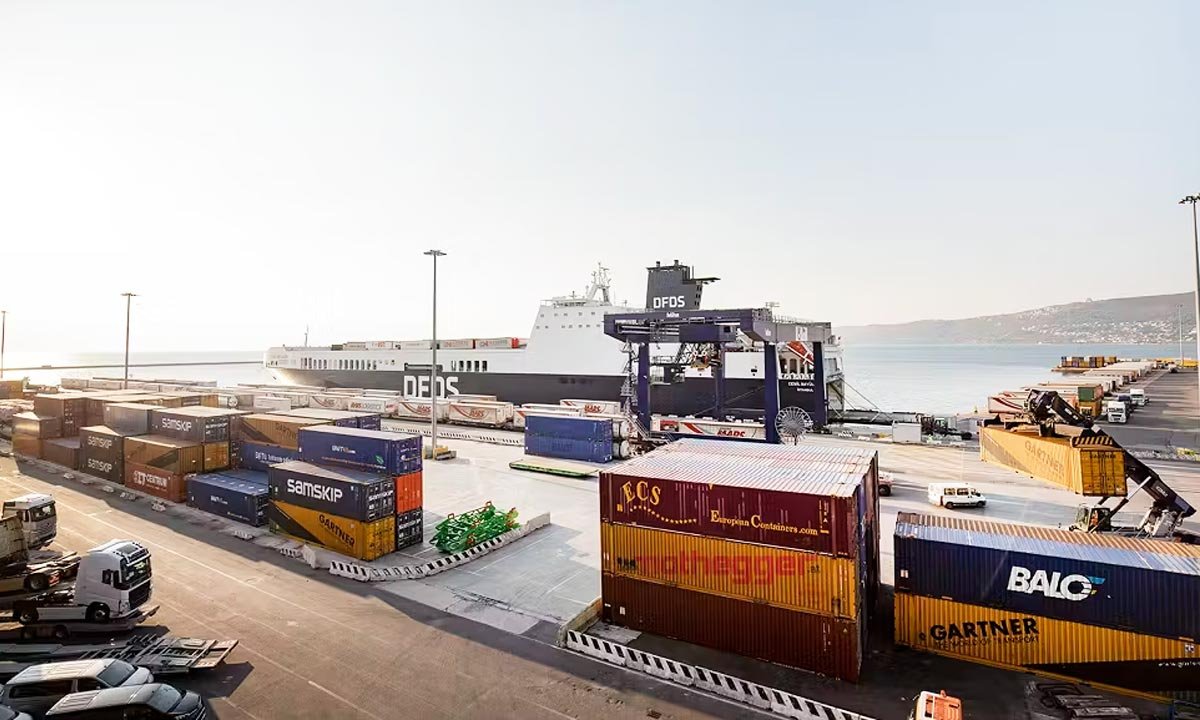Efficiency is the name of the game in the ever-evolving landscape of global logistics. As businesses strive to optimize their supply chains, reduce costs, and minimize environmental impact, part-load transport (PLT) has emerged as a critical player in shaping the future of freight logistics. This innovative approach, where shipments from multiple customers are consolidated into a single vehicle, offers many benefits that make it the future of efficient freight transport. Want to learn more? Keep reading this article!
Addressing the Inefficiencies of Traditional Logistics
Traditional freight logistics often involves transporting full truckloads, regardless of whether the truck is fully loaded. This approach leads to inefficiencies, including underutilized space, higher costs, and increased carbon emissions. In a world where consumers demand faster delivery times, and businesses seek to minimize operational expenses, these inefficiencies can no longer be ignored.
Part load transport addresses these issues head-on by allowing businesses to share transportation resources. Instead of waiting for a full truckload, companies can ship smaller quantities of goods more timely and cost-effectively. This flexibility not only reduces waste but also ensures that transport vehicles are utilized to their maximum capacity, ultimately lowering the cost per unit of goods transported.
Economic and Environmental Advantages
The economic benefits of part load transport are significant. For small and medium-sized enterprises (SMEs), PLT offers a lifeline, enabling them to compete with larger companies by providing access to affordable shipping options. By sharing the cost of transportation with other businesses, SMEs can reduce their logistics expenses, allowing them to allocate resources more effectively and invest in other areas of their operations.
Moreover, part load transport contributes to a greener future. PLT offers a practical solution as the world grapples with the urgent need to reduce carbon emissions. By consolidating shipments and maximizing vehicle capacity, fewer trucks are required on the roads, leading to a reduction in fuel consumption and greenhouse gas emissions. This makes PLT an attractive option for companies looking to meet their sustainability goals while maintaining cost efficiency.
Meeting the Demands of the Modern Consumer
In today’s fast-paced world, consumer expectations have never been higher. The rise of e-commerce has transformed the logistics industry, with customers demanding faster delivery times and greater flexibility in how and when they receive their goods. Part load transport is uniquely positioned to meet these demands.
With PLT, businesses can offer more frequent shipping options without waiting for a full truckload. This means that customers can receive their orders faster, enhancing their overall experience and increasing customer satisfaction. In an era where customer loyalty is increasingly tied to delivery speed and reliability, the ability to offer efficient and timely shipping can provide a competitive edge.
Embracing Technology for Greater Efficiency
The success of part-load transport is closely linked to technological advancements. Digital platforms and logistics management systems are making it easier than ever for companies to coordinate and optimize part-load shipments. Through real-time tracking, automated scheduling, and data-driven decision-making, businesses can ensure that their goods are transported in the most efficient and cost-effective manner possible.
Moreover, the use of technology in PLT allows for greater transparency and collaboration between businesses. By sharing data and resources, companies can work together to create more efficient supply chains, ultimately benefiting all parties involved.
The Future of Freight Logistics
As we look to the future, it’s clear that part-load transport will play an increasingly important role in the logistics industry. Its ability to reduce costs, minimize environmental impact, and meet consumers’ evolving demands makes it a crucial component of any modern supply chain strategy.
For businesses willing to embrace this innovative approach, the benefits are clear: lower logistics expenses, a smaller carbon footprint, and a competitive edge in a rapidly changing market. As the world of freight logistics continues to evolve, part-load transport stands out as a beacon of efficiency and sustainability, one that is set to shape the future of the industry for years to come.

 Health2 years ago
Health2 years ago
 News6 months ago
News6 months ago
 Technology2 years ago
Technology2 years ago
 Celebrity2 years ago
Celebrity2 years ago

















